Shorter Radiation Course Safe for Breast Reconstruction
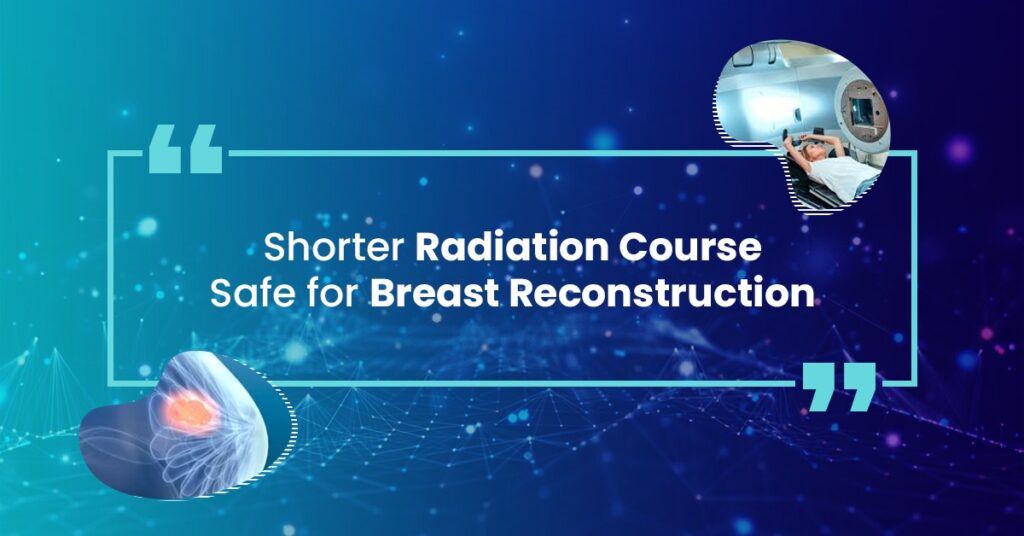
A recent study presented at the annual meeting of the American Society for Radiation Oncology (ASTRO) in Washington, DC, revealed promising results for breast cancer patients. The study concluded that a shorter course of postmastectomy radiation combined with breast reconstruction is both safe and effective. Study Overview and Key Findings Matthew Poppe, MD, from the…
AI and Hormone Receptor Status in Breast Cancer
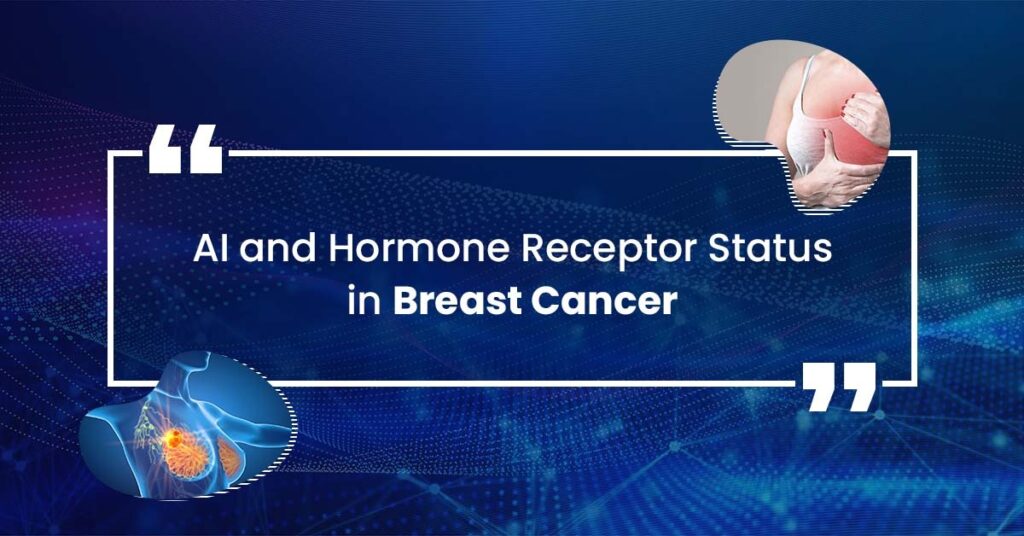
Introduction Breast cancer is a complex disease, and understanding its characteristics is crucial for effective treatment. One important factor that doctors look at is the hormone receptor status of the cancer. This refers to whether or not the cancer cells have receptors for certain hormones, like estrogen and progesterone, which can fuel the growth of…
Predicting Breast Cancer Metastasis with AI
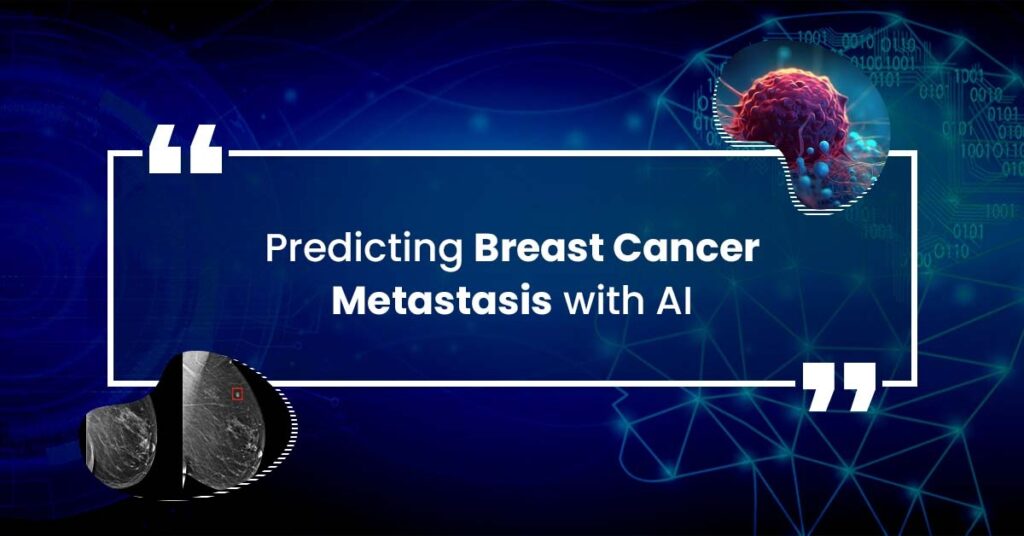
Introduction Breast cancer is a significant health issue for women around the world. While many people survive breast cancer thanks to early detection and treatment, the disease can become more dangerous if it spreads to other parts of the body. This spread, known as metastasis, makes the cancer harder to treat. But what if we…
Telemedicine and AI in Breast Cancer Care
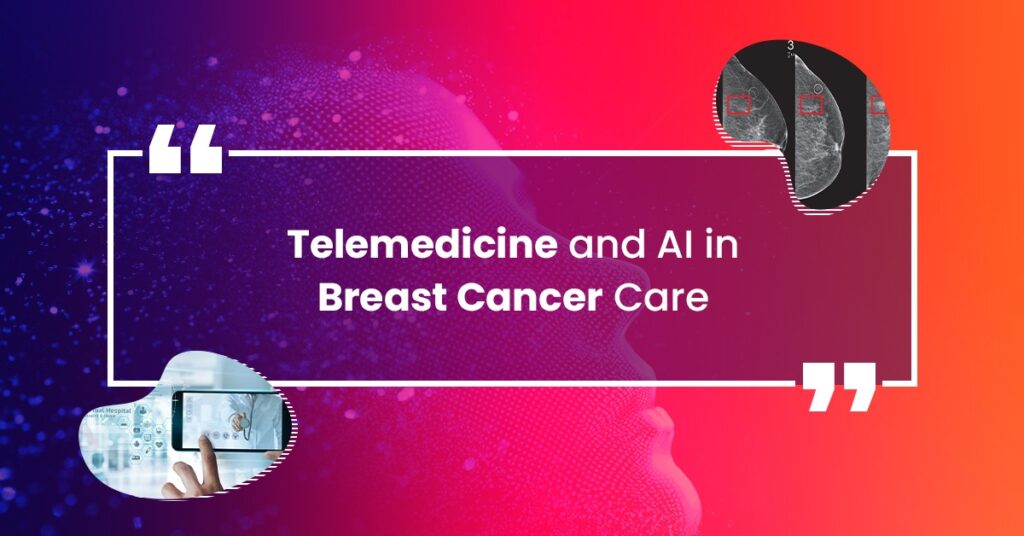
Introduction The integration of artificial intelligence (AI) in telemedicine is revolutionizing breast cancer care by offering remote consultations, second opinions, and continuous monitoring. This technology enhances patient outcomes by providing timely and accurate information, reducing the need for frequent hospital visits, and improving the overall efficiency of cancer care. The Role of Telemedicine in Breast…
The Impact of Breast Density on Cancer Detection: How MRI Helps
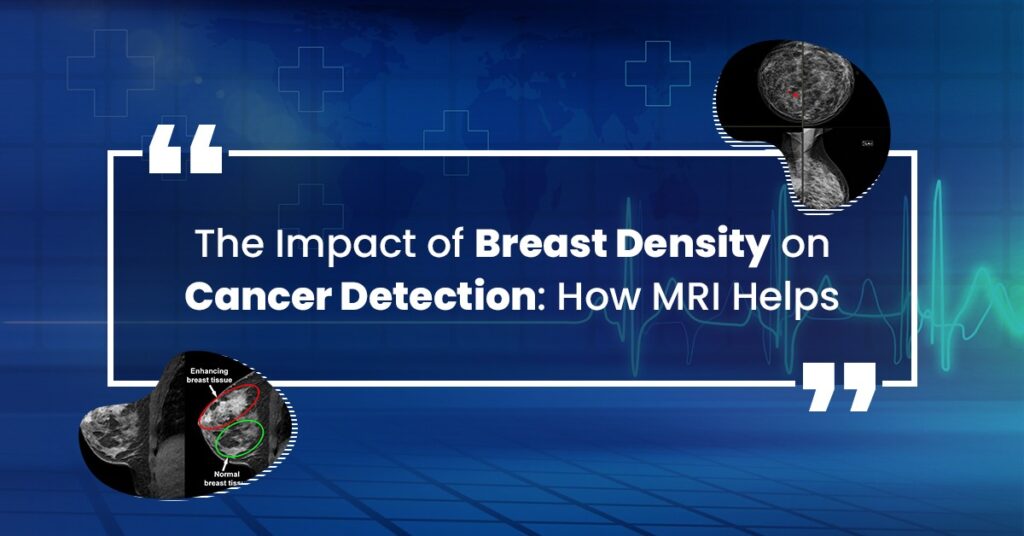
Introduction Breast cancer is a significant health concern for women worldwide, with early detection playing a crucial role in treatment outcomes. However, not all screening methods are equally effective, especially for women with dense breast tissue. Understanding how breast density affects cancer detection and the role of Magnetic Resonance Imaging (MRI) can empower women to…
How Young Women Can Take Charge of Their Breast Health
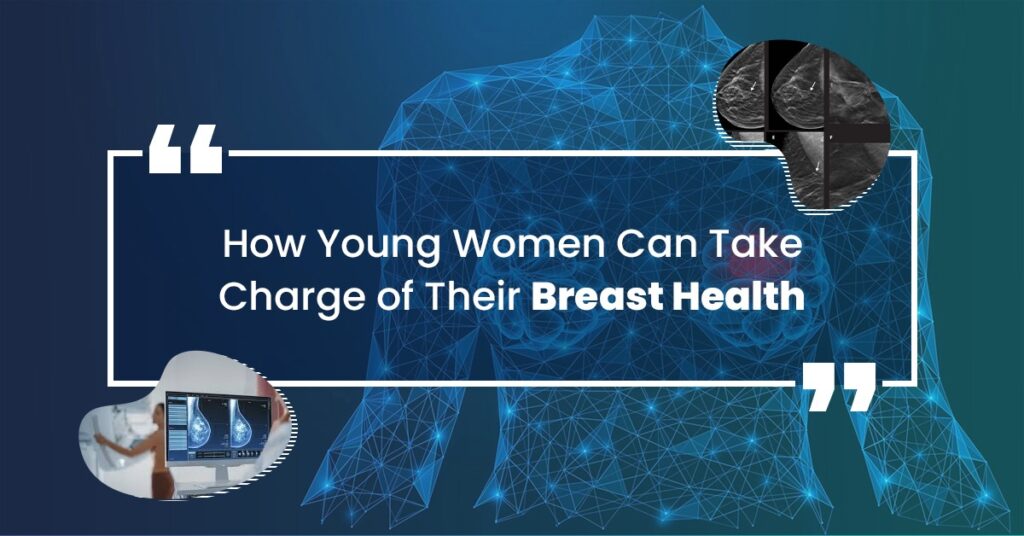
Maintaining breast health is crucial for young women as it can help detect any potential issues early, ensuring timely intervention and treatment if needed. By understanding how to monitor your breast health through self-exams, knowing your family history, and recognizing when to seek medical advice, you can empower yourself with the knowledge needed to stay…
The Impact of Breast Cancer on Mental Health
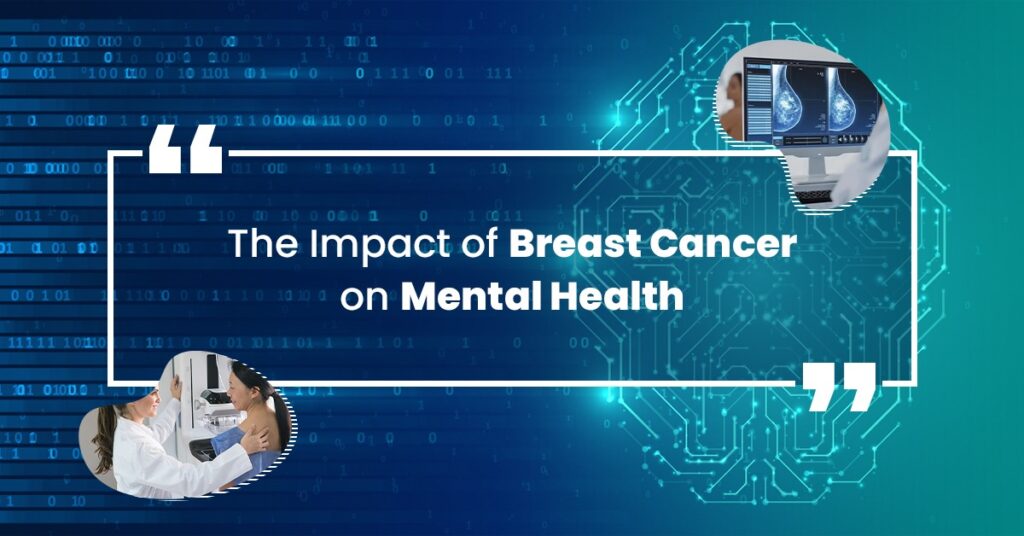
Breast cancer is not just a physical illness; it deeply impacts the mental health of patients, influencing their emotional well-being and overall quality of life. A diagnosis of breast cancer can be overwhelming, leading to a range of psychological challenges that patients may face during treatment and beyond. Common Mental Health Challenges Strategies for Coping…
Comparing Breast Cancer Screening Recommendations Across Different Health Organizations
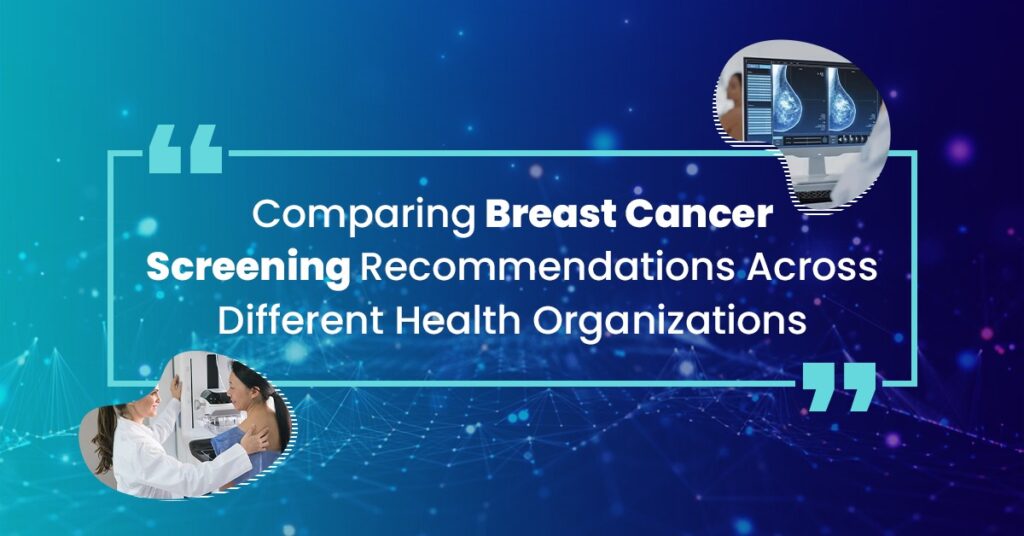
Breast cancer screening is a crucial aspect of women’s health, aiming to detect cancer early and improve treatment outcomes. However, recommendations for breast cancer screening vary among major health organizations, leading to differences in guidelines. In this blog, we will examine the breast cancer screening recommendations from the United States Preventive Services Task Force (USPSTF),…
AI Virtual Trials: Transforming Breast Cancer Drug Testing
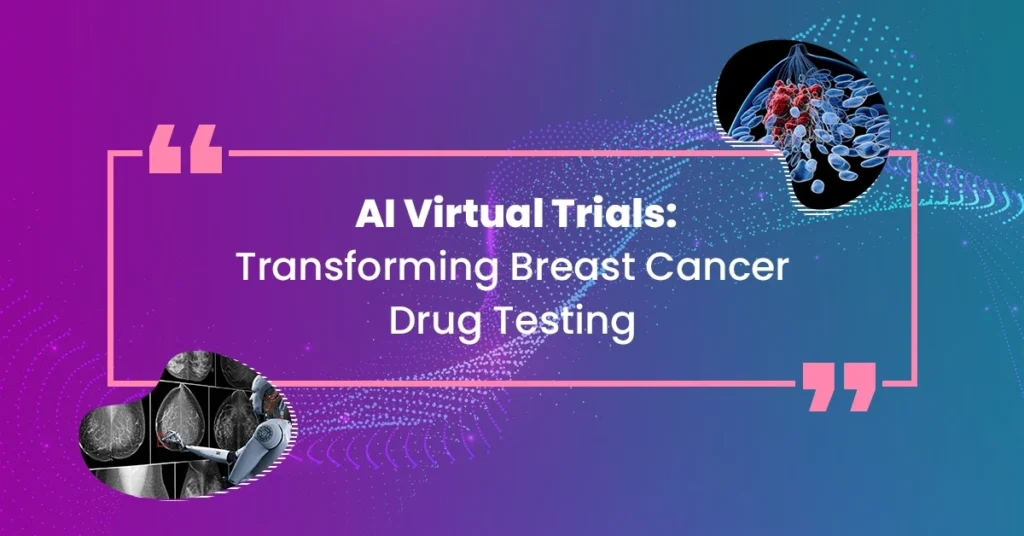
Introduction Breast cancer is one of the most common cancers affecting women worldwide. In 2020, over 2.3 million new cases were diagnosed globally. Finding effective treatments quickly is crucial for saving lives. Normally, clinical trials, where new drugs are tested on human volunteers, can take years and are very expensive. But what if we could…
AI-Powered Virtual Second Readers for Breast Cancer Diagnosis
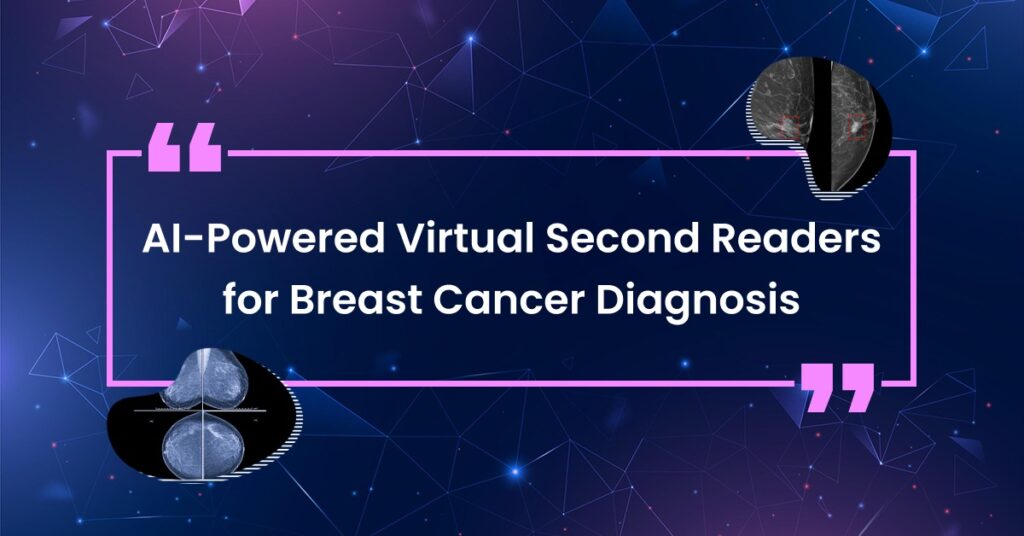
Introduction Breast cancer is a significant health issue affecting millions of women worldwide. Accurate diagnosis and treatment are crucial for better outcomes. However, an increasing number of patients actively seek second opinions to confirm their diagnosis and ensure they receive the most accurate and effective treatment plans. This is where artificial intelligence (AI) becomes pivotal….

